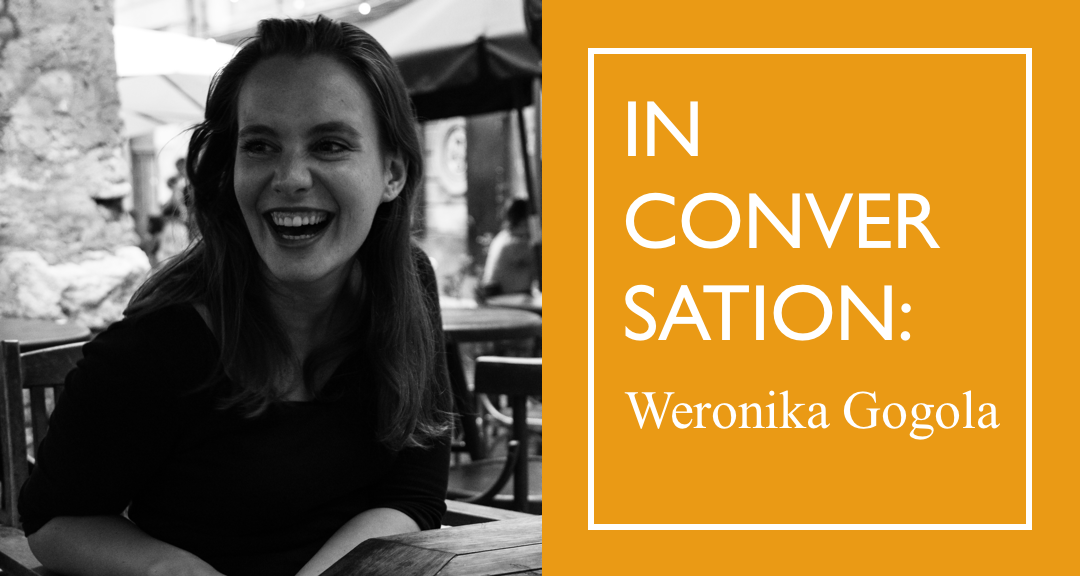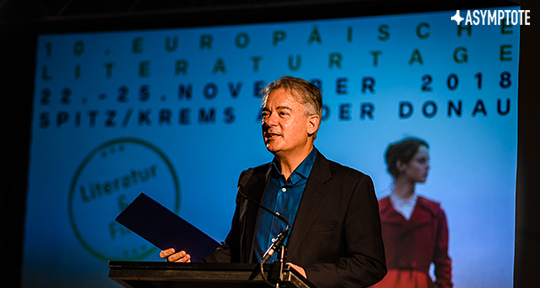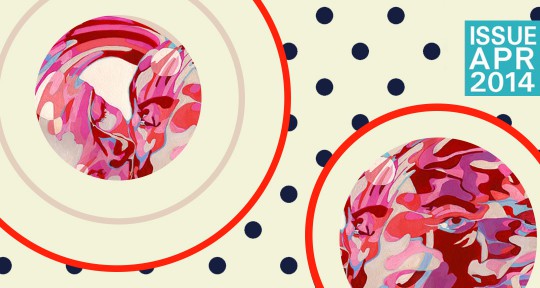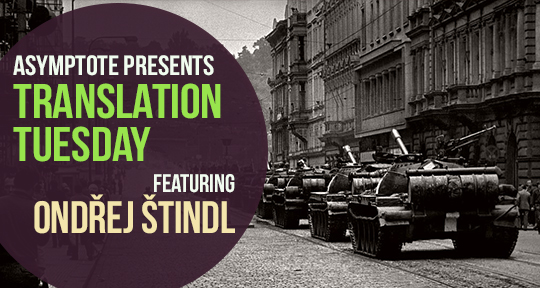Weronika Gogola is a Polish writer and translator from Slovak and Ukrainian. Her first autobiographical book Po trochu (Little by Little, 2017), which depicts her childhood in the small village of Olszyny in the Carpathian mountains, is composed of “stories from real life that are usually told bit by bit, in snippets and fragments.” The book was nominated for several literary prizes and in October 2018 won the Conrad Award for a prose debut. For the past three years, Gogola has been based in Bratislava, where Julia Sherwood, Asymptote’s Editor-at-Large for Slovakia, caught up with her last November.
Julia Sherwood: First of all, congratulations on winning the Conrad Award! I loved your book and think that the prize was more than deserved. What does it mean for you?
Weronika Gogola: This award is incredibly important to me, especially since, in the case of the Conrad Award, it’s not just the judges who decide but, first and foremost, the readers. I’m incredibly grateful to them. Besides, a prize is a kind of validation, as well as a bargaining chip for the future. I know that sounds unfair but that’s how the world works—the more prizes and nominations you have the more seriously you are taken. Unfortunately. But, of course, it’s nice to be appreciated. In addition, the Conrad Award includes a grant, which has allowed me to concentrate on my writing without financial worries.
JS: Your book is very firmly located in the world of your childhood. You grew up in a small village in rural Poland, yet ended up living abroad, and are currently based in Slovakia. Were you already living abroad while working on your book, and did the geographical distance give you a new perspective on the place, or did this make the writing more challenging?








